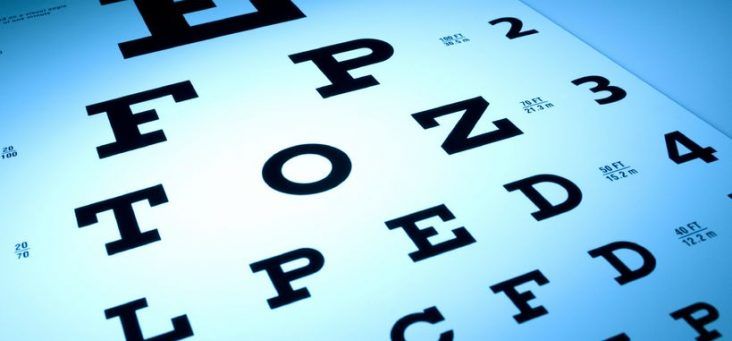Ophthalmologist group petitions Arkansas Supreme Court for special master, signature validation
by August 14, 2019 8:20 am 933 views

Safe Surgery Arkansas is asking the Arkansas Supreme Court to appoint a special master to review its signature collections and it is challenging the legality of a new law that was used by the Secretary of State to reject counting its petitions.
In a court filing made Tuesday (Aug. 13), the ballot question committee and its chair, Dr. Laurie Barber, a Little Rock ophthalmologist, contend that a special master should help the state’s high court decide on the validity of the signatures that it turned in as part of the group’s effort to overturn Act 579 of the 2019 General Assembly. That law expanded the scope of procedures that could be performed by optometrists. Ophthalmologists opposed the legislation, which passed overwhelmingly in the recent regular session.
Secretary of State John Thurston, R-Ark., declined to count more than 61,000 signatures when Safe Surgery Arkansas turned in their petitions last month. Thurston cited another new law, Act 376 of 2019, which changed the procedures and qualifications for citizen ballot proposals. Thurston ruled in July that Safe Surgery Arkansas did not properly submit paperwork related to petition gatherers under that new law which sets requirements prior to signature collections. Subsequently, he disqualified a large number of the signatures turned in by the group, which needed more than 53,491 valid signatures to qualify as an initiated act on the 2020 ballot.
Besides the special master request, the petition for writ of mandamus that Safe Surgery Arkansas is seeking from the Arkansas Supreme Court challenges the emergency clause of Act 376.
“Petitioners seek a writ ordering the Secretary of State mandamus to the Secretary of State: (1) declaring that the 61,065 signatures must be counted; (2) declaring that the referendum’s popular name and ballot title are sufficient; (3) declaring that the petition is sufficient to be placed on the November 2020 ballot; and (4) ordering the Secretary of State to certify the petition to the ballot,” the new court filing states.
The filing says Act 376’s emergency clause was “defective” and shouldn’t apply to SSA’s signed petitions. It also argues that the new law, which in part requires sworn statements to be provided to the Secretary of State’s office before canvassing begins, is “an as-applied and facial violation of Amendment 7 to the Arkansas Constitution and the First Amendment to the U.S. Constitution.”
The group asks the court to declare the disqualified signatures be counted, that its ballot name and title be validated, qualify it for the November 2020 ballot, and order the Secretary of State to certify the petition to the ballot.
A representative for a group opposed to overturning the measure weighed in on the lawsuit.
“We are confident in the Secretary of State’s application of the law and rejection of the petition, which included tens of thousands of unlawfully solicited signatures,” said Vicki Farmer, chairperson of the Arkansans for Healthy Eyes Ballot Question Committee, the group organized to fight Safe Surgery Arkansas. Farmer is also the executive director of the Arkansas Optometrists Association.
“We think the Court will affirm the Secretary of State’s action. Meanwhile, we are excited for Arkansans to enjoy better access to eye care, as the state works to implement Act 579,” said Farmer.
